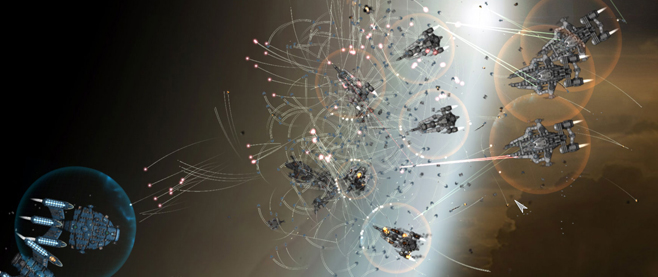
Why Are Videogames And Its Community So Terrified Of Women?
“Agony shows the most terrifying vision of hell in the history of gaming.” When I first saw this from the game’s Kickstarter in 2016, I thought about how its twisted version of Hell, probably bearing with it a putrid stench of decay and sadism, would be able to depict despair and depravity in their purest, rawest form. I’ve long been terrified of Hell; the macabre tortures that take place in the realm of the dead, albeit one based on Chinese mythology, were common references in plenty of the Chinese moves and television shows I devour even as a kid. Surely, there’s nothing worse than reliving the torment of being sawn into half, cast into hellfire, drowning in a pool of blood, and climbing trees embellished by razor-sharp blades—over, and over, and over again.
But to Agony, the presence of women mostly serves to heighten the horror of these scenes. In this Hell, infernal sights are still in excessive display—such as eye gouging, dismemberment, and carcasses-as-decor—while female nudity was piled on to inject a veneer of racy, transgressive edginess. Agony wants to offend sensibilities, and it uses female nakedness and sexuality to repulse. As a result, its horror becomes juvenile, devoid of truly gut-punching scares. But its flaws are also inherited, since it’s the culmination of influences from other videogames, films and popular culture that also put their subjugation of women front and center.
Naturally, this insidious trope is shaped by, and has a ripple effect on real life, too. A Twitter spat that took place last week resulted in Guild Wars 2 developer, ArenaNet, appeasing a braying mob by firing its employees, Jessica Price and Peter Fries. If you were blissfully unaware of this exchange, here’s an abridged version: Price tweeted about the challenges of creating characters for massively multiplayer online role-playing games. Commenting on her thread, a YouTuber disagreed, stating his belief that more dialogue options could potentially fix these issues. Price objected to this by responding, “Today in being a female game dev: ‘Allow me—a person who does not work with you—explain to you how you do your job.” Seeing this as a slight, the mob revolted, which led to ArenaNet’s knee-jerk decision. And since Fries defended her against the resentful crowd, he was also let go from the company. You can read about the whole ugly debacle at Paste and a slew of other publications.
Some felt Price’s supposed aggression was uncalled for, but this grossly overlooks the context that women working in videogames and tech often have unsolicited advice tossed to them by men with far less or zero experience in that field. It’s an utterly frustrating issue that is rooted in the deep-seated conviction that women just aren’t as knowledgeable as men, even if done unintentionally. Yet in this instance, the contingent of Guild Wars 2 fans demanded an apology and more from Price, and they got what they asked for when Price was let go.
Through these incidents, it’s easy to see what inspires the frenzy of toxic fandoms and men in the industry: women are terrifying, and an unapologetic woman is even more so. ArenaNet’s decision is not just irrational, but would also also have harmful repercussions for female and minority developers, as well as their allies. This is particularly so in light of how female representation, be it within the medium and among the industry, is already a rarity.
Games need better portrayals of femininity that isn’t steeped in misogyny. Games workers need to unionize to prevent more unreasonable dismissals. No longer should there be any waffling about these issues. Not anymore.





